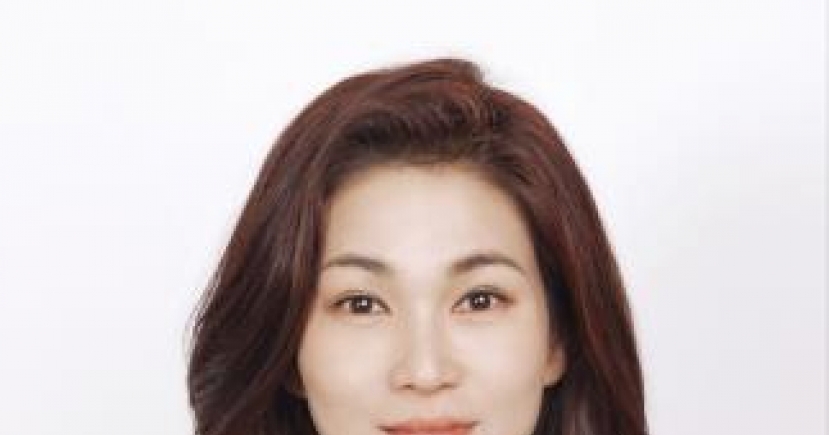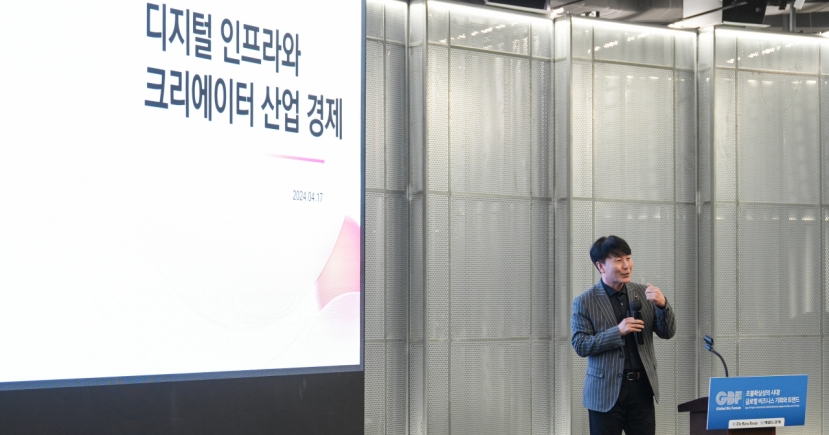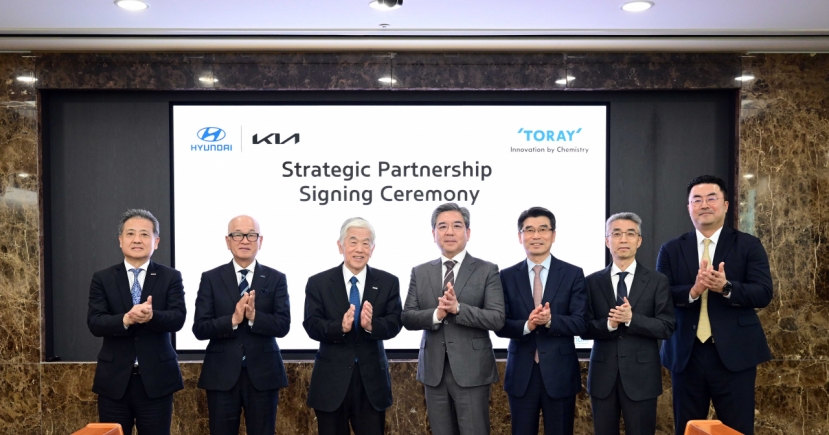Economy
[IMPEACHMENT] Park’s key initiatives to face scrutiny at 2017 Assembly
[THE INVESTOR] With opposition parties securing more than two-thirds of parliamentary seats upon the break-up of the ruling Saenuri Party, President Park Geun-hye’s key state affairs initiatives are likely to face scrutiny during next year’s legislative sessions.
Topping the list are the decisions to deploy an advanced US anti-missile battery in South Korea and adopt state-authored textbooks for secondary education. Park had pushed for these policies despite resistance from opposition parties until she was impeached earlier this month by the lawmakers over a corruption scandal involving herself and her close aides.
 |
Floor leaders of the four main political parties pose with National Assembly Speaker Chung Se-Kyun at the parliament in Yeouido, Seoul, on Dec. 30. From left are Reps. Joo Seung-yong of the People's Party, Woo Sang-ho of the Democratic Party of Korea, Speaker Chung, Chung Woo-taik of the Saenuri Party and Joo Ho-young of the New Conservative Party for Reform. |
On Dec. 30, the opposition camp revamped its consolidated plan to push for a series of reformative bills next year which will, as a result, annul most of Park‘s state projects.
In a meeting with National Assembly Speaker Chung Sye-kyun and the Saenuri Party, the three leading opposition parties -- including the recently created entity consisting of Saenuri defectors -- agreed to hold an extra parliamentary session in January, so as to deal with pending issues.
As of Dec. 30, the opposition parties had a combined total of 201 seats in the 300-seat National Assembly, as 30 anti-Park lawmakers defected from the Saenuri Party to form the New Conservative Party for Reform and left them with 99 seats. The main opposition Democratic Party of Korea holds 121 seats, while the People’s Party and NCPR have 38 and 30 seats, respectively.
“We will build a forum to discuss how to enact bills to overhaul (Park’s policies),” said Rep. Woo Sang-ho, floor leader of the Democratic Party, asking for cooperation on the measure from his counterparts in the People’s Party and NCPR.
Earlier in the day, Woo said his party would push to pass the bills in next year’s National Assembly, whose first regular session is scheduled for February. In the meantime, the party plans to launch a task force to prepare the legislation to clear the Assembly.
But the legislations face multiple hurdles as the ideological spectrum of the opposition parties is diverse and their stances differ over contentious policies.
For instance, the Saenuri Party and their defectors have maintained the US anti-missile battery is crucial to countering North Korea’s growing nuclear and missile threats. They have asserted the measure should go ahead as planned.
The Democratic Party and People’s Party, however, have demanded the government reserves its decision until the new president takes office next year. They warned that the missile system could fail to fully protect the nation and criticized the government for its failure to go through the process of building public consent.
By Yeo Jun-suk/The Korea Herald (jasonyeo@heraldcorp.com)








